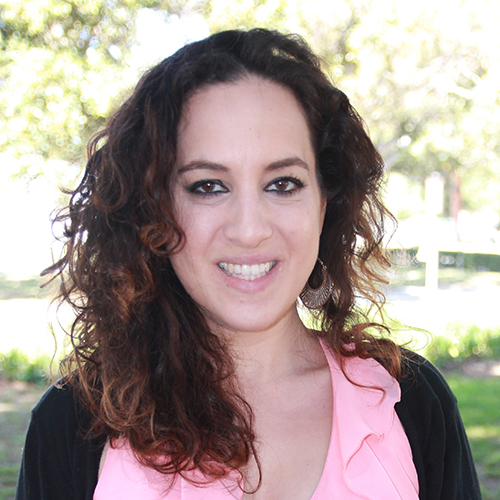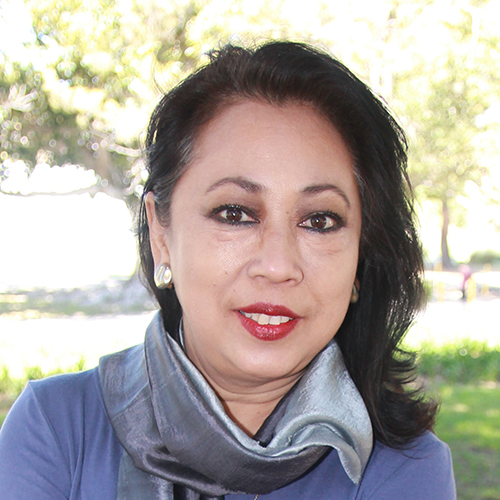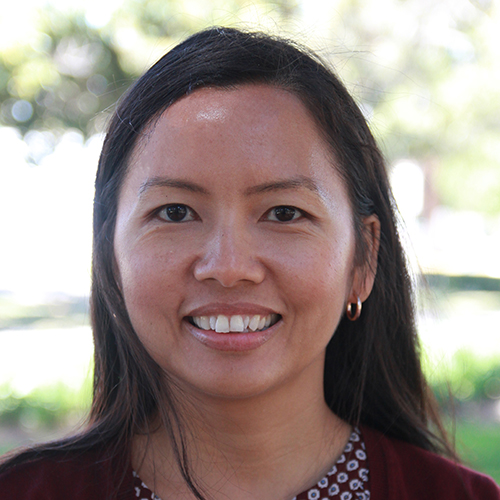This post is part of a two-part interdisciplinary bibliography of critical refugee studies. Click here to read the first part of this post.
|
|
|
 |
Nigel Hatton Humanities World Cultures | UC Merced Nigel Hatton is an assistant professor of literature and philosophy at the University of California, Merced. He has published articles on the writing of Søren Kierkegaard, Martin Luther King, Jr., James Baldwin, Toni Morrison, Ivan Klima and others. Courses taught include Literature & Philosophy, Human Rights & Literature, Modernity, Cosmopolitanisms, Kierkegaard and the Human Condition, and African-American Lifeworlds, Global Thinking & Human Rights. He has been a visiting scholar at the Du Bois Institute, the International Criminal Court, the American Academy in Rome, and The George Brandes School. His current book project comparatively traces the narrative arc of justice in human rights discourses and literary texts. |
| Source: United Nations High Commission for Refugees. “Refugee Stories.” Accessed on May 26, 2016. http://stories.unhcr.org/refugees Description: |
|
|
|
|
 |
Lila Sharif Asian American Studies | U of I Urbana-Champaign Lila Sharif earned a dual Ph.D. in Sociology and Ethnic Studies from the University of California, San Diego in 2014. She is currently a UC President’s Postdoctoral Fellow in the Department of Gender and Women’s Studies at the University of California, Berkeley, where she is completing a book manuscript entitled “Consuming Indigeneity in the 21st Century” (tentative title). Using the olive as an optic, Dr. Sharif’s research analyzes the point of convergence between transnational settler-colonialism and neoliberal capitalism. She traces the olive from the moment it is picked by farmers in the West Bank, to their circulation and consumption in the United States by renowned brands like Dr. Bronner. She asks: How is Palestine made palatable to Western consumers and what is masked/revealed in this process? Dr. Sharif is the first Palestinian American to earn a Ph.D. in Ethnic Studies. She will be joining the faculty of Asian American Studies at the University of Illinois, Urbana-Champaign in Fall 2016. |
|
Sources: Enloe, Cynthia. Bananas, Beaches and Bases: Making Feminist Sense of International Politics. 2nd ed. Berkeley, CA: University of California Press, 2014. El-Haddad, Laila, and Maggie Schmitt. The Gaza Kitchen: A Palestinian Culinary Journey. Charlottesville, VA: Just World Books: 2012. Description: Inspired by indigenous feminisms, food and consumption studies, and contemporary works on militarization, I introduce “Vanishment” as a poetic and epistemological concept that links neoliberal capitalism with settler colonialism through a transnational framework. I first came to the term Vanishment after reading Palestinian Walks, in which Palestinian author and human rights lawyer Raja Shehadeh treks through Palestine, watching the landscape before him shrink. Building on his concept of a “vanishing landscape”t, my book project offers Vanishment to name the simultaneity of disappearing lands and the assumed integration of indigeneity into global markets. Cynthia Enloe’s chapter “Going Bananas! Where Are Women in the International Politics of Bananas?” in Bananas, Beaches and Bases has allowed me to link the gendered process of militarization as they relate to the production and consumption of the racialized commodity-the banana- linking its emergent popularity to the increasing stretch of U.S. empire. Expanding on this linkage between food, militarization and settler-colonialism, I also show that food sites are active sites of memory making for displaced Palestinians. This multi-sited, interdisciplinary work remaps Palestine through narratives around the Palestinian olive tree, fruit and harvest that trouble the assumed completion of Vanishment. |
|
|
|
|
 |
Khatharya Um Ethnic Studies | UC Berkeley Khatharya Um is Associate Professor in the Department of Ethnic Studies/ Asian American and Asian Diaspora Studies Program, and Chair of Peace and Conflict Studies at the University of California, Berkeley. She is the author of From the Land of Shadows: War, Revolution and the Making of the Cambodian Diaspora (NYU, 2015) and co-editor of Southeast Asian Migration: People on the Move In Search of Work, Refuge, and Belonging (Sussex, 2015). She has also written widely on Southeast Asian politics and society and on critical issues facing Southeast Asian refugees in the diaspora, including on issues of education access, health, language politics, and equity and inclusion. Her research interests center on global refugees, diasporas, colonial and postcolonial imaginary, and the politics of memory and memorialization. Her current project interrogates the concept of liminality within the frame of critical refugee studies. |
|
Source: “I don’t like the overused word ‘trauma.’ Today, every individual has its trauma, whether large or small. In my case, it manifests itself as unending desolation; as ineradicable images, gestures no longer possible, silences that pursue me…What wounds me has no name.” Description: |
|
|
|
|
 |
Ma Vang Critical Race and Ethnic Studies | UC Merced Ma Vang is an Assistant Professor at the University of California, Merced. She is the author of “The Refugee Soldier: A Critique of Recognition and Citizenship in the Hmong Veterans’ Naturalization Act of 1977” published in the special issue on Southeast Asian American Studies for positions: asia critique 20.3. She is a co-editor of Claiming Place: On the Agency of Hmong Women (University of Minnesota Press, 2016). This collection will be the first of its kind to provide a critical Hmong studies lens to intersections of race, gender, class, nation, displacement, and citizenship contributing to the burgeoning field of critical refugee studies. Her current research focuses on the historiography of the Cold War and Vietnam War with an emphasis on the United States’ “secret war” in Laos and on the Hmong public engagements with the representational absence of their involvement in this history. |
|
Sources: “The Hmongstory 40 Project.” Accessed on May 26, 2016. http://www.hmongstory40.org Description: |
|
